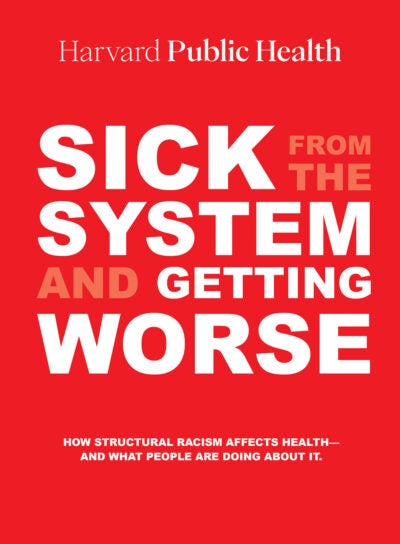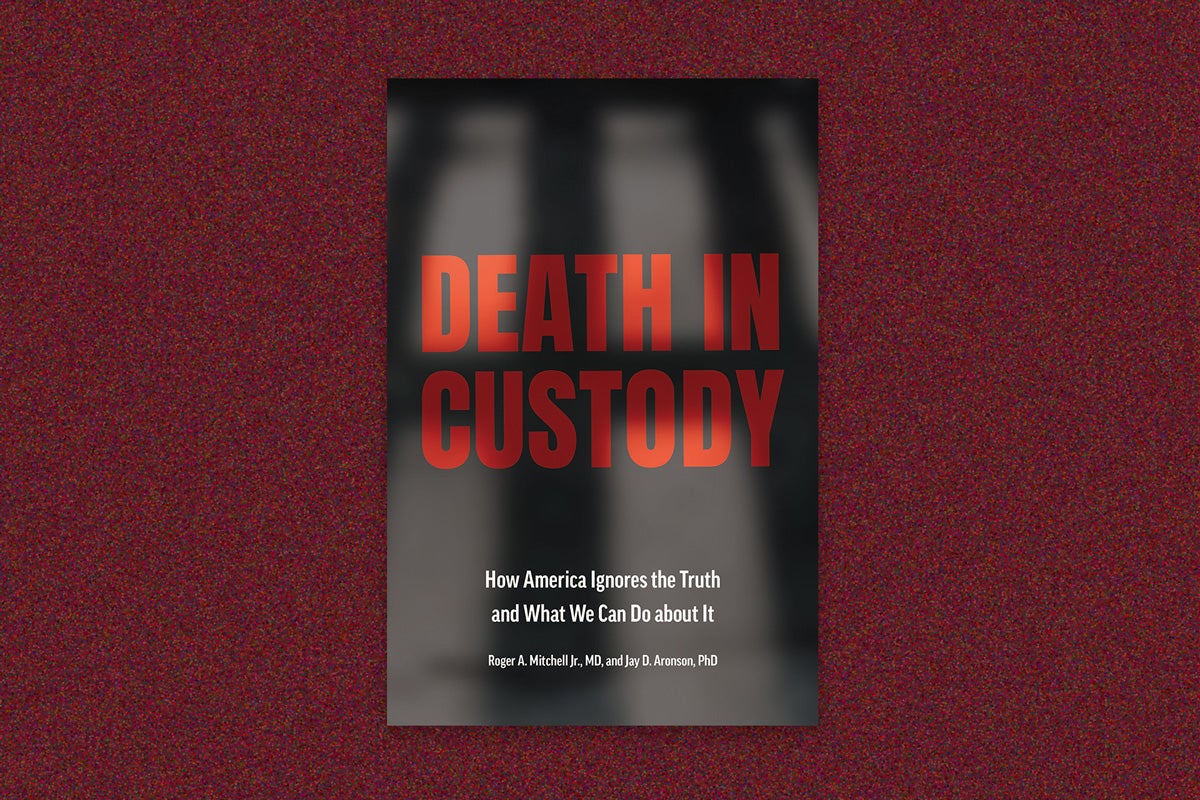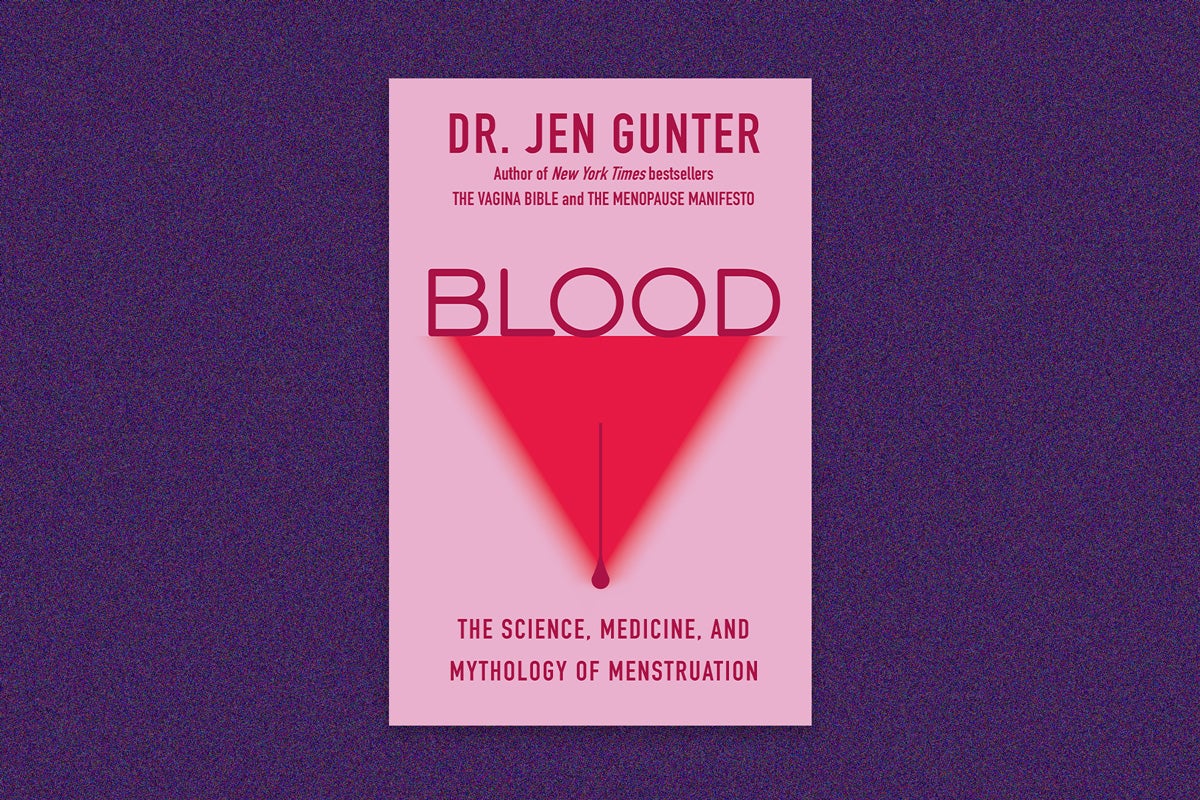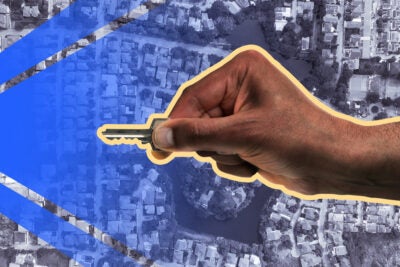Essay
Reparations will save Black lives
In the history of the United States, Black Americans have always died on average at younger ages than white Americans. As the current health commissioner of New York state and former health commissioner of New York City, I often find myself reflecting on how little progress has been made on health equity during my lifetime.
If mortality rates of Black Americans were equal to white Americans over the course of the 20th century, there would be 8.8 million more Black Americans alive today—this statistic always astounds me.
The COVID-19 pandemic has shown us once again how wealth and whiteness protect health. A novel virus, to which no humans were immune, has taken a stunningly unequal toll. Black and Latino adults have died at much higher rates than white adults, up to nine times, from COVID. The Black neighborhood of Brownsville, where I lived when I first moved to New York City, was one of the hardest hit in the early days of the pandemic, and its mortality rate is still more than twice that of the rest of New York City.
Sign up for Harvard Public Health
Delivered to your inbox weekly.
There is no biological reason Black Americans should have poorer health and lower life expectancy, nor can culture or individual choice account for a disparity of this magnitude across all health outcomes. What can? Long-standing racist government policies—from housing to health care, employment to a flawed legal system—that have systematically deprived Black Americans of equal rights, opportunities, wealth, and resources. Black Americans as a group have lower incomes and much lower household wealth than white Americans and live in neighborhoods that have experienced significant disinvestment—conditions that invariably lead to poorer health.
$840,000
Average wealth gap between white and Black American households
In 2021, the CDC declared racism a public health threat and a “fundamental cause” of health disparities and disease among communities of color. It’s time to consider whether reparations are a necessary investment in creating equitable health outcomes for Black Americans.
Reparations as an idea and policy measure is slowly gaining currency. Kept alive over decades by committed activists, it entered broader public discourse thanks to Ta-Nehisi Coates and the now-famous essay he published in The Atlantic in 2014. Under international law, reparations are intended to provide remedy for systematic human rights violations. Here in the U.S., we don’t often think of our government as systematically violating the rights of its people. But history tells us otherwise.
The federal government “sanctioned, maintained, and enabled slavery, legal segregation, and continued racial inequality,” wrote William Darity Jr. and A. Kirsten Mullen in their 2020 book, From Here to Equality: Reparations for Black Americans in the Twenty-First Century. They said, the “invoice for reparations must go to the U.S. government.” I agree.
But what does that invoice cover? Much of the conversation rightly focuses on closing the racial economic gap after centuries of forced labor and financial theft. In 2019, the gap in household wealth between white households and Black households averaged more than $840,000. This is the gap that must be closed. Some, however, balk at the price tag of $10 trillion to $12 trillion offered by Darity and Mullen. Reparations could erase not just economic inequity, but also disparities in how well and for how long Black people are able to live their lives; reparations could improve our country’s overall health. I believe the broad benefits outweigh the cost.
6 years
Life expectancy gap between white and Black Americans
Kaiser Health News, Jan. 26, 2022
As public health practitioners we are rarely at the table where reparations are being discussed. Yet, I see at least three ways in which our field can and should engage.
- Acknowledge the field’s role in perpetuating racism. In medicine and public health, we supported scientific racism, which lent a sheen of scientific credibility to white supremacy. We allowed forced sterilization. We permitted human experimentation, such as J. Marion Sims’ vaginal surgical experiments on Black women living in slavery and the infamous U.S. Public Health Service’s “Tuskegee Study of Untreated Syphilis in the Negro Male.”
The American Medical Association, founded in 1847, excluded Black physicians and colluded in the practice of segregated health care. These practices lasted for decades, and it was only in 2008 that the AMA apologized. We continue to have an unequal health system, in which public hospitals and others that serve largely Black populations remain underfunded, without the capital to ensure adequate standards of care.
Public health has been party to this. Atrocities should be acknowledged, and apologies are due. - Participate in local, state, and national conversations around reparations. We know that good health comes with power, money, fair wages, and access to resources, which in turn results in better housing, quality education, medical care, safe workplaces, clean air, drinkable water, and healthy food. We know such elements of good health have been systematically denied to Black Americans, creating pervasive health inequities—from higher rates of asthma, heart disease, and hypertension to overall mortality. Health researchers and practitioners know that if we close the racial wealth gap and improve access to key resources that determine good health, we can also expect to dramatically improve the health and life expectancy of Black Americans. As I wrote in the New England Journal of Medicine, closing the resource gap is necessary to closing the health and life expectancy gap.
- Use health outcomes as a key measure of equity. Public health leaders can help articulate a metric for success for reparations initiatives. Addressing the household wealth gap would be a good start. Most studies on the subject find wealth contributes more to good health than income alone. Household wealth creates stability and protects against economic uncertainty, which then promotes health. It also has intergenerational effects, because parents can plan for and pay for their children’s health care, stable housing, and education. But in my view, eliminating the racial wealth gap is not the end goal. Successful reparations means eliminating racial health disparities. Until racism no longer drives negative effects on the health and length of a Black person’s life, equity remains theoretical.
Reparations will not fix racism, but a less impoverished Black America, where the historical origins of its burdens are acknowledged, would be better placed to protect the future. The future of all Americans.
Providence, Rhode Island
Latest city* to propose reparations payment plan
There are multiple ways reparations could close the wealth and health gaps. Direct cash payments and financial compensation to individuals or families are essential. However, these will likely not fully address how Black people have been excluded from political power, faced discrimination in accessing credit, and suffered mass incarceration and police brutality. We don’t create a healthy population one person at a time. Similarly, we may not be able to repair and redress the damage of slavery one person at a time; we may need to invest simultaneously in individuals, families, neighborhoods, and public institutions to fully eliminate generations of harm and health inequities.
We in the public health field have only just begun to join the discussion on reparations. It is time for us to more fully join the fight.
*as of press time


Natalia Linos is the executive director of Harvard University’s FXB Center for Health and Human Rights.



